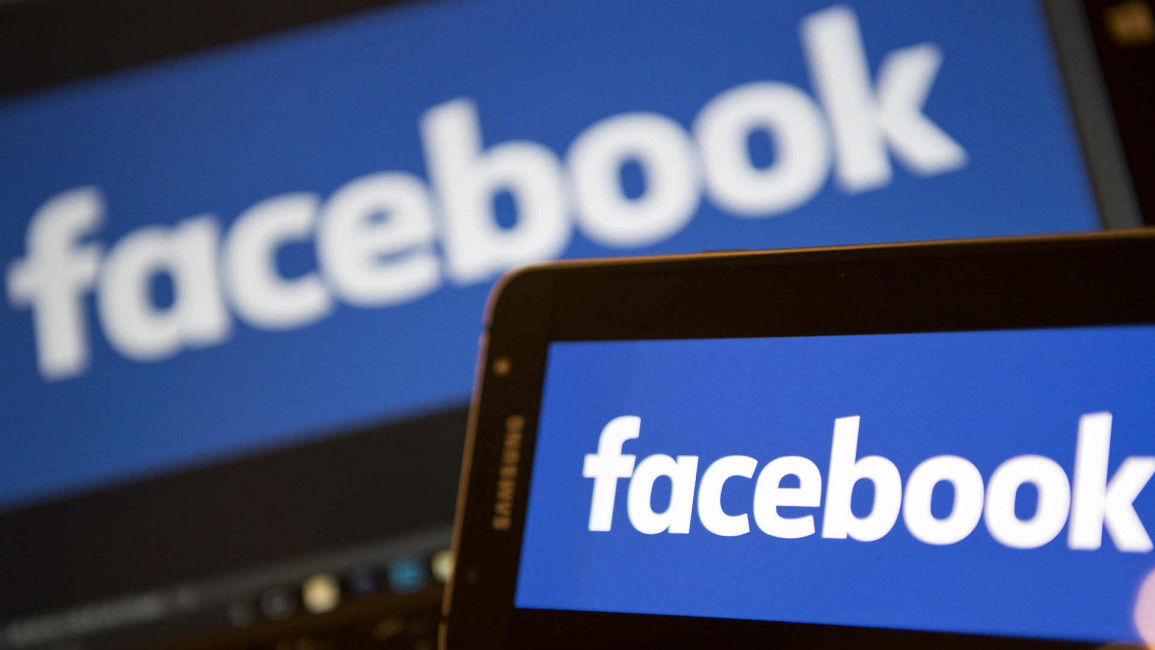US court dismisses lawsuits accusing Facebook of 'supporting terrorism'
A US court on Thursday dismissed a lawsuit accusing Facebook Inc of supporting terrorist groups by letting them use its social media platform to further their goals, including violence against Jews.
According to Reuters, US District Judge Nicholas Garaufis in Brooklyn dismissed the $3 billion damages lawsuit by relatives of American victims of Hamas attacks, saying the federal Communications Decency Act regulating internet content immunises Facebook from liability.
That law "prevents courts from entertaining civil actions that seek to impose liability on defendants like Facebook for allowing third parties to post offensive or harmful content or failing to remove such content once posted", Garaufis wrote.
Garaufis also dismissed a lawsuit by roughly 20,000 Israeli citizens who feared harm from future violence.
He said they had no legal right to demand changes to Facebook's platform because they could not show any "actual or imminent" injury.
The Israeli rights group representing the families said it would appeal the case.
Nitsana Darshan-Leitner said on Thursday that the New York court decision did not address the issue of Facebook "aiding and abetting terrorism".
Robert Tolchin, a lawyer for both sets of the plaintiffs, said Garaufis appeared to sidestep limits under the federal Anti-Terrorism Act on aiding groups such as Hamas, a Palestinian group that the Department of State designates a foreign terrorist organisation.
"There is a clash between statutes that the court needed to reconcile but ignored," Tolchin said in an interview.
"We are planning to appeal because we see major errors in the decision."
In an email, Facebook said "there is no place on Facebook for groups that engage in terrorist activity or for content that expresses support for such activity, and we take swift action to remove this content when it's reported to us. We sympathize with the victims and their families".
Congress passed the Communications Decency Act of 1996 to regulate online pornography.
Garaufis said applications of that law in other contexts have arguably undermined incentives for internet service providers to remove content, but that it was enough for now to show that Congress' "focus" was to limit liability.


![President Pezeshkian has denounced Israel's attacks on Lebanon [Getty]](/sites/default/files/styles/image_684x385/public/2173482924.jpeg?h=a5f2f23a&itok=q3evVtko)



 Follow the Middle East's top stories in English at The New Arab on Google News
Follow the Middle East's top stories in English at The New Arab on Google News


